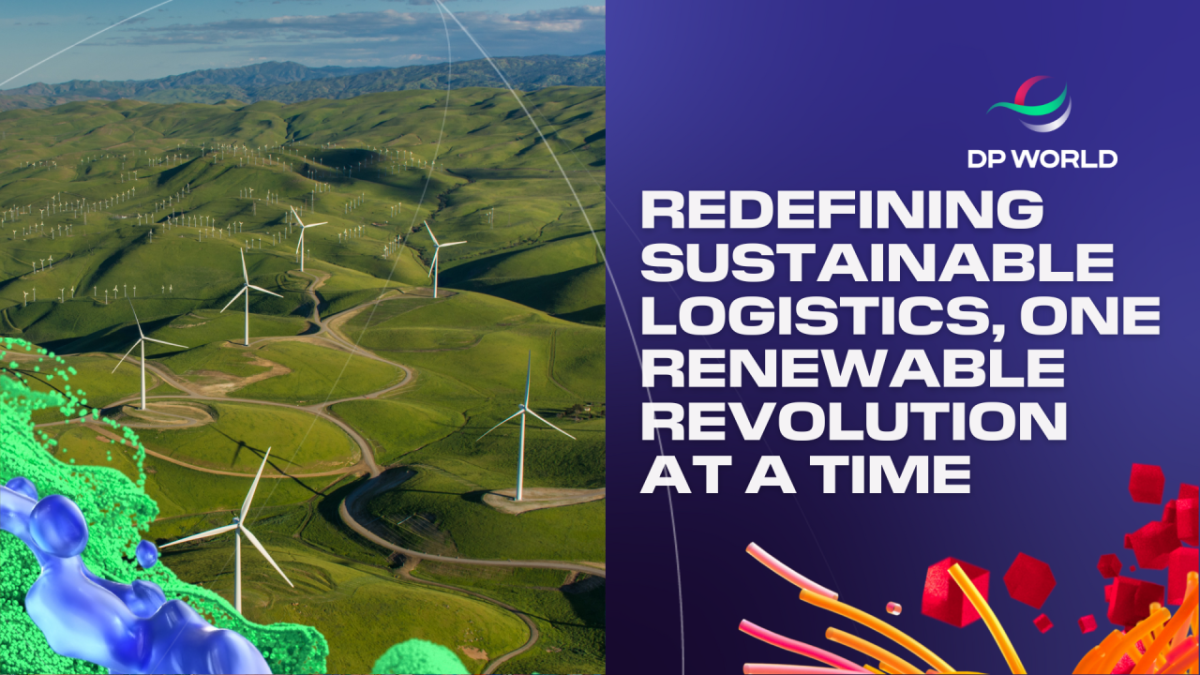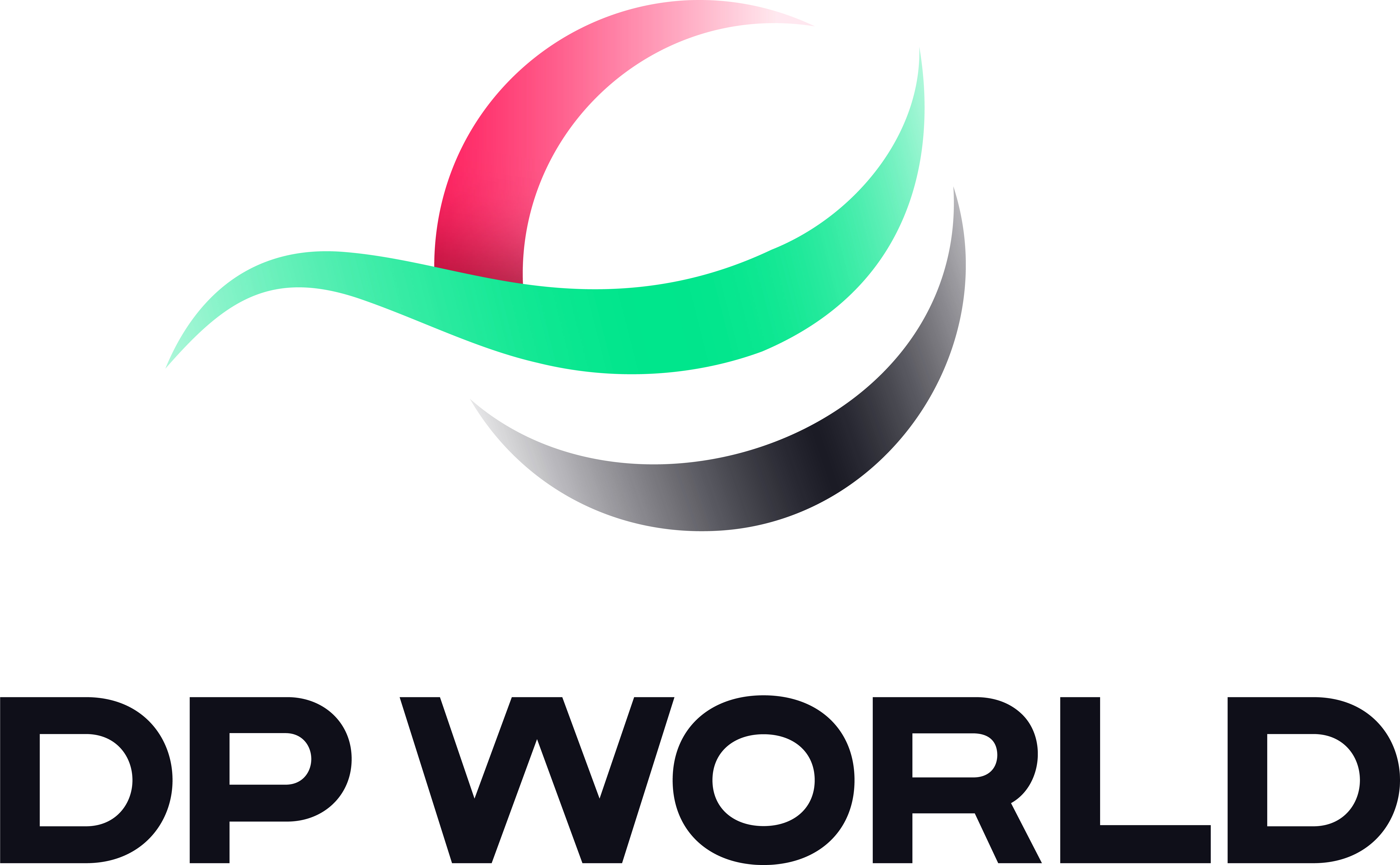How DP World Is Setting New Standards for Sustainable Logistics Across Emerging Markets
From decarbonizing port operations to empowering at-risk youth, DP World is rewriting the logistics playbook for emerging markets—one innovative initiative at a time.

Global trade is the lifeblood of modern economies, but the logistics that underpin it often leave a hefty environmental and social footprint. This is especially true in emerging markets, where infrastructure gaps, socio-economic challenges, and environmental vulnerabilities collide. DP World, however, is on a mission to change this reality. Armed with an ambitious sustainability strategy and a recent Sustainable Development Impact Disclosure (SDID), we are setting new benchmarks for sustainable logistics across regions like South America, Central America, and the Caribbean.
Why does this matter? Because these regions are not just hubs of untapped opportunity—they’re also the frontlines for addressing global challenges such as climate change, gender inequality, and economic disparity. If the logistics sector is going to drive positive change, companies like ours must lead the charge. Here’s how we’re doing it.
Decarbonizing Ports, One Crane at a Time
As bustling hubs of diesel-powered equipment, heavy emissions, and energy-intensive operations, ports have not historically been known for their eco-friendliness. But DP World is rewriting that narrative. In Brazil, for example, we have committed over $16.2 million to electrify Rubber-Tired Gantry (RTG) cranes at the Santos terminal, slashing diesel consumption by up to 60%. By 2030, DP World aims to reduce Scope 1 and 2 emissions by 42% and 62%, respectively, aligning with the Science Based Targets initiative (SBTi).
Meanwhile, in Ecuador, our Sembrando Vida project has planted over 250,000 mangrove seedlings across 105 hectares in El Morro and Puná Island. This initiative not only removes 2,460 tons of CO2 from the atmosphere but also benefits 400 local families by rehabilitating ecosystems that support their livelihoods – success that led the 2022 IAPH Sustainability Awards to award the project the Climate & Energy category.
In Argentina, we are purchasing 95% renewable energy—sourced from wind power—for operations at Terminal Río de la Plata (TRP). This shift will significantly reduce carbon emissions and reliance on fossil fuels, demonstrating that renewable energy is a game changer for port operations.
Empowering Local Workforces and Women
In many emerging markets, access to formal employment and technical skills remains a significant barrier to socio-economic mobility. DP World is addressing these gaps head-on. In the Dominican Republic, the Visión Futuro program in Boca Chica focuses on empowering at-risk youth through education and training. Since its launch in 2021, the program has provided technical and vocational training to 658 young people, helping them secure better job opportunities or start entrepreneurial ventures. Additionally, life skills and leadership workshops are designed to prepare participants for success in a competitive labor market.
Women’s empowerment is another critical focus of this program. Through targeted initiatives, Visión Futuro has created networks to prevent adolescent pregnancy while reaching over 1,155 young women with education and support. By addressing gender-specific challenges, DP World is helping young women in Boca Chica build more sustainable futures. Moreover, the program not only focuses on education and employment but also fosters community engagement. By encouraging the development of socially responsible microenterprises, the program has empowered 836 young people to become active participants in their local economies.
In Suriname, we’ve also made strides toward inclusion and empowerment. During International Women’s Day 2023, workshops for female employees promoted professional development and leadership. These efforts reflect DP World’s broader commitment to fostering gender equity and building stronger communities. During Global Volunteering Week in 2023, 21 volunteers renovated the Lobato School, directly benefiting 2,438 individuals. These efforts strengthen local infrastructure and create economic opportunities while demonstrating the power of collaboration to achieve sustainable development.
Tackling Waste and Promoting Circular Economies
Sustainability isn’t just about reducing emissions—it’s also about smarter resource use. DP World’s Brazilian operations are leading the way with our Zero Landfill Project. At the Santos terminal, 39% of waste is recycled, 20% is transformed into biofuel, and the remaining 41% is processed through methods like composting and wastewater treatment. In 2023, this initiative earned the terminal Brazil’s first-ever Gold Standard certification for GHG emissions inventory.
In Suriname, our Go Green Week initiative in September 2023 involved planting 50 mangrove trees as part of a broader effort to promote coastal resilience and biodiversity. Meanwhile, during World Clean Up Day, DP World volunteers cleaned the vicinity of SPS Port, contributing to healthier local environments and fostering community pride.
In the Dominican Republic, our programs emphasize the importance of sustainable practices through youth engagement. For example, the Visión Futuro program supports socially responsible microenterprises, encouraging young entrepreneurs to think beyond traditional linear production models and embrace circular economies.
Aligning with Global Goals
DP World’s sustainability efforts are not just about ticking boxes—they’re part of our broader alignment with the United Nations Sustainable Development Goals (SDGs). From promoting gender equality (SDG 5) to fostering decent work and economic growth (SDG 8), our initiatives are designed to create systemic change.
This work is all underscored by our pioneering Sustainable Development Impact Disclosure (SDID), a framework that goes beyond traditional ESG metrics to include socio-economic impacts like job creation, education, and healthcare access. This work represents DP World’s ambition to prove that the logistics sector can be a force for good—especially in emerging markets.
For us sustainable logistics is not just a buzzword, but a business imperative.
Want to find out more about why and how? Download a copy of our Sustainable Development Impact Disclosure.

